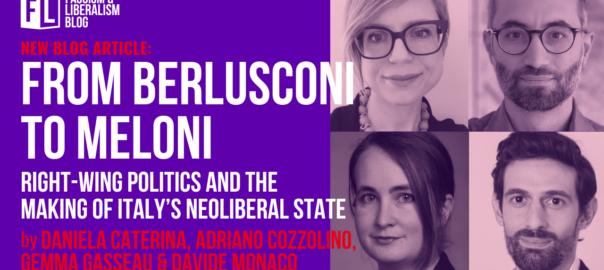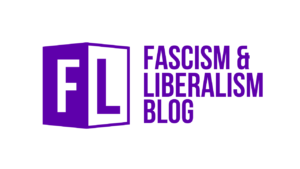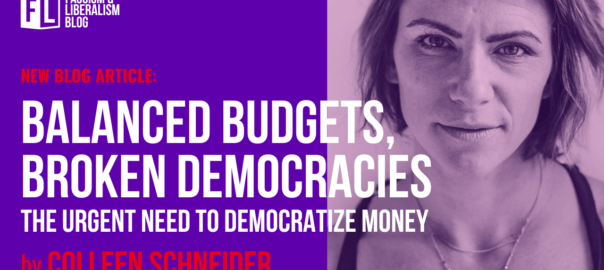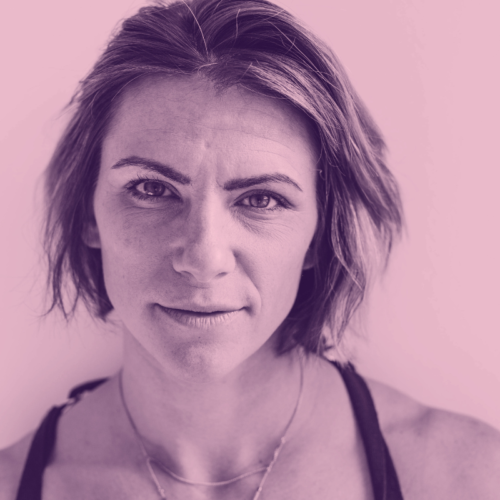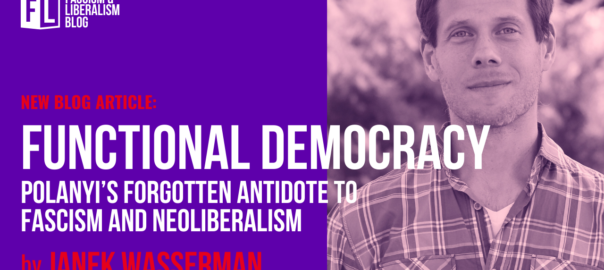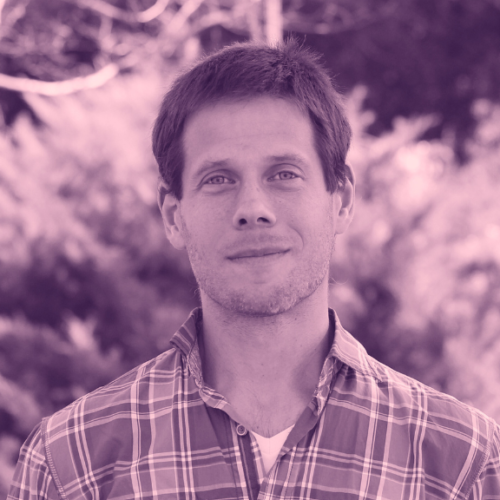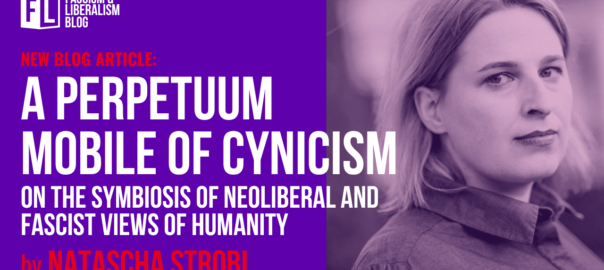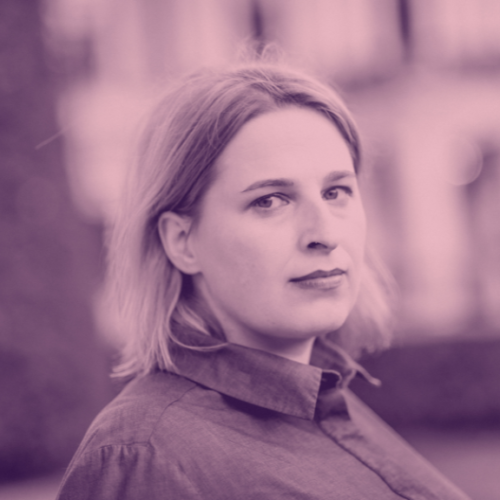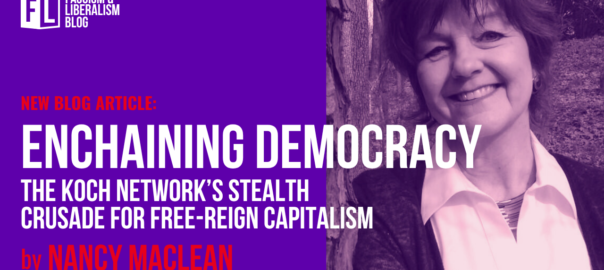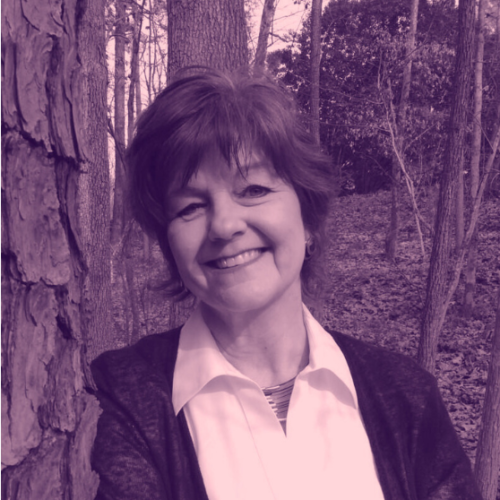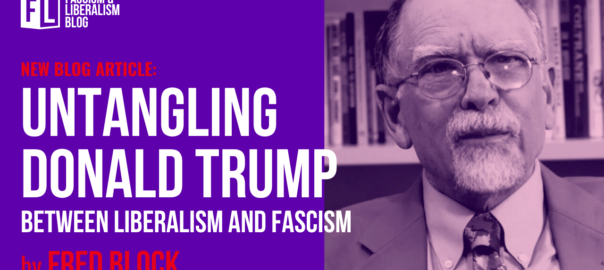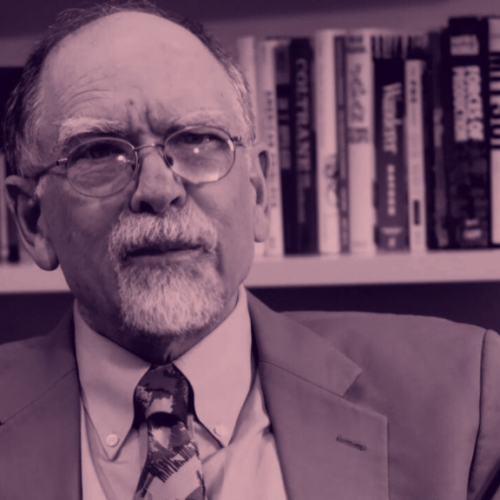From Berlusconi to Meloni: Right-wing politics and the making of Italy's neoliberal state
Daniela Caterina, Adriano Cozzolino, Gemma Gasseau, and Davide Monaco
09.10.2025
How does neoliberalism enmesh with and help fuel the far right? Below, Daniela Caterina, Adriano Cozzolino, Gemma Gasseau and Davide Monaco offer Italy as an important case for understanding the contradictions of neoliberal projects and how these intersect with far-right politics. They argue that the Italian experience—from the rise of Berlusconi in the 1990s to today’s Meloni government—is not exceptional. Rather, it illustrates broader contemporary trends by showing how neoliberalism and far-right politics are not only compatible, but often mutually reinforcing. Berlusconi’s neoliberal project contributed to the mainstreaming of far-right parties, discourses and practices, and created the socio-political dislocations that were in turn exploited by the far right. Once in power, the far right left neoliberalism largely intact, while combining it with nationalist discourses and authoritarian practices. To counter the rise of the far right in Italy and elsewhere, the authors argue that we must understand neoliberalism not as a technocratic project—but a political one. This requires presenting not only alternative policies—but a comprehensive and compelling alternative political vision both to neoliberalism and far-right authoritarianism.
Neoliberalism as a political project
For the better part of the last forty years, neoliberalism has reshaped economies, transformed societies and states, and redrawn the political imagination across the globe. Originally promoted as a pathway to economic prosperity and individual empowerment, neoliberalism has instead deepened inequality, eroded public goods, and hollowed out democracies.
Today, we are witnessing its long-term political consequences. Broken social safety nets, the socio-economic marginalisation of entire regions as resources concentrated in ever-larger metropolitan hubs, the dislocation of working and middle classes, and growing distrust towards democratic institutions (and politics more generally) have together created a terrain ripe for the ascent of the far right in much of the Western world—and beyond. However, far-right forces are gaining ground across the world not by overcoming neoliberalism, but by reshaping it through further and deeper exclusionary, authoritarian, and nationalist politics. Understanding how this dynamic came to pass requires examining not just abstract trends, but the concrete political projects that have enabled neoliberal transformations. One of the most significant—yet often underappreciated —of these projects is Berlusconism. Through this prism we can grasp not only the neoliberal transformation of the Italian state, but also the intertwined evolution of neoliberalism and right-wing politics.
To fully unpack the significance of Berlusconism, it is essential to move beyond viewing neoliberalism simply as a technocratic and abstract doctrine of deregulation and austerity. It should instead be regarded as a political project that has evolved through time, forged through complex interactions between global pressures and national responses. It does not take the form of a fixed policy blueprint, but of a dynamic process marked by ruptures, rearrangements, and contradictions. Its success hinges on powerful political alliances capable of implementing its core logics across politics, institutions and culture.
How Berlusconism created space for the far-right
In this context, Berlusconism provides an insightful lens into the ways neoliberalism adapts to national conditions and generates space for far-right politics. In the early 1990s, Italy was gripped by structural crisis fuelled by economic stagnation, the collapse of the post-war party system, and a loss of confidence in traditional elites. Into this vacuum stepped Silvio Berlusconi—not merely a media-savvy entrepreneur, but the architect of a new kind of political-economic order.
Launched in 1994, Berlusconi’s political project was more than just an electoral springboard—it amounted to a wholesale reconfiguration of Italy’s political economy. Drawing on media power, anti-elite sentiment, and pro-market ideology, Berlusconism reshaped the right and restructured the Italian state along neoliberal lines. It normalized once-marginal radical right forces, integrated regionalist parties into national governance, and constructed a durable coalition capable of sustaining neoliberal reforms. Though the heterogeneous nature of Berlusconi’s first government—a coalition that brought together post-fascists (Alleanza Nazionale), northern separatists (Lega Nord), and free-marketeers (Forza Italia)—posed some constraints, Berlusconism successfully created a new right-wing political space that permanently altered the structure of Italian politics.
This emergent bloc became the lynchpin for consolidating Berlusconi’s neoliberal project. While technocrats and center-left governments had also pursued pro-market reforms during the 1990s, their efforts were often hamstrung by weak political legitimacy—a gap filled by relying on the ‘external’ legitimation provided by adhering to supranational constraints, including the EU fiscal rules. By contrast, Berlusconism fused neoliberal governance with charismatic leadership, a tighter social alliance, and broader popular appeal—making it far more stable and ideologically coherent.
Berlusconism’s emergence, consolidation, and crisis
The trajectory of Berlusconism can be divided into three defining phases: its rapid emergence (1994–95), its firm consolidation (2001–06), and its eventual crisis (2008–11).
During the emergence phase, the first Berlusconi government only partially implemented neoliberal reforms, opting for selective tax amnesties and mild budget cuts rather than deep structural overhauls. However, the political success of uniting previously incompatible right-wing forces marked a foundational transformation. The far right—especially the post-fascist Alleanza Nazionale, the forerunner of Giorgia Meloni’s party Fratelli d’Italia— was no longer outside the system: it had become a normalized partner in government.
By the early 2000s, Berlusconism entered a phase of consolidation. The second and third Berlusconi governments pushed for more systematic neoliberal reforms, including widespread privatizations and labor market deregulation. These efforts occurred alongside intensified tensions—between North and South, within coalition partners, and between the government and EU institutions. Nevertheless, Berlusconism maintained its coherence by continuing to function as the gravitational center of right-wing politics in Italy, embedding its policies within a durable socio-political alliance. Berlusconism can be therefore seen as one of the political projects shaping the neoliberalisation of the Italian state.
The 2007-08 global financial crisis sent this trajectory into freefall. The economic shocks and increasing demands for austerity from international and EU authorities exacerbated contradictions within Berlusconism itself. Caving to these pressures for fiscal discipline meant abandoning a significant part of its social base—more precarious working classes, particularly in the South—and narrowing its social bloc to unsustainable levels. This structural impasse—not just personal scandals or leadership fatigue—precipitated Berlusconi’s decline.
The social dislocation left by neoliberalisation paved the way for the far-right to govern
In retrospect, Berlusconism held sway over Italy’s political life for almost two decades by rooting neoliberal reforms within a larger ideological and cultural framework. Its unique capacity to fuse symbolic narratives, media control, and a vision of national revival secured enduring consent for its brand of neoliberalism and cemented the foundations of its political project. Berlusconism offered a compelling political-economic agenda that resonated across class, regional, and ideological lines. By normalizing discourses and practices typically advanced by far-right forces—anti-immigration sentiment, judicial delegitimization, anti-intellectualism—it paved the way for today’s far-right actors to govern from within the mainstream.
The case of Berlusconism shows that the Italian experience should not be seen as exceptional. Rather, it illustrates how neoliberalism and far-right politics are not only compatible, but often mutually reinforcing. Neoliberalism generates the social dislocation and political distrust that the far right exploits. Meanwhile, far-right narratives help neoliberal elites to deflect blame, reassert control, and maintain the market order under a new guise.
Understanding Berlusconism is thus key to making sense of today’s far-right, including Giorgia Meloni’s ascendant movement and government. The political space and the social alliance carefully crafted by Berlusconi starting in the 1990s—a mix of small and medium business owners, petty bourgeoisie, and working classes frustrated with the status quo—is still the one Meloni thrives on decades later. The rise of Meloni is also inseparable from the long-running neoliberalisation of the Italian state, which created the political and economic terrain that allowed far-right support to grow. What’s more, despite its anti-establishment rhetoric, the Meloni government continues to uphold fiscal discipline and economic orthodoxy, leaving neoliberalisation largely intact while entangling it further with nationalist discourse and authoritarian practices.
Learning the lessons of Italy: the need to counter both neoliberalism and the far-right
Italy offers a key case for understanding how neoliberalism morphs amid tensions and contradictions, and how it intersects with the far right. It shows that neoliberalism is not simply a technocratic project, but a political process shaped by national alliances, crises, and ideological work. It also reveals that the far right does not emerge in opposition to neoliberalism, but often as its product and partner.
Understanding Berlusconism as a political project—and not merely as a personal phenomenon—provides valuable insights into the molecular mechanisms through which neoliberalism reproduces itself. It allows us to see the rise of figures like Trump and Milei not as a rupture, but as a continuation of a broader pattern already visible in places like Italy decades earlier. Finally, the Italian case offers a glimpse of the endgame behind conservative parties’ current strategies to normalize and mainstream far-right forces across Europe: a complete takeover by the radical right.
If neoliberalism and the far right have evolved together, then they must be fought together. This requires confronting not just policies, but the political architectures and cultural narratives that sustain them. It means creating new alliances, institutions, and alternative visions able to counter neoliberal hegemony on every front.
Italy’s experience teaches us that political projects can be built—and unbuilt. The question now is whether we can learn from this history and construct an alternative capable of challenging the toxic convergence of neoliberalism and the far right—and all the societal threats that this entails.

Daniela Caterina is an associate professor at the Huazhong University of Science and Technology in Wuhan, China
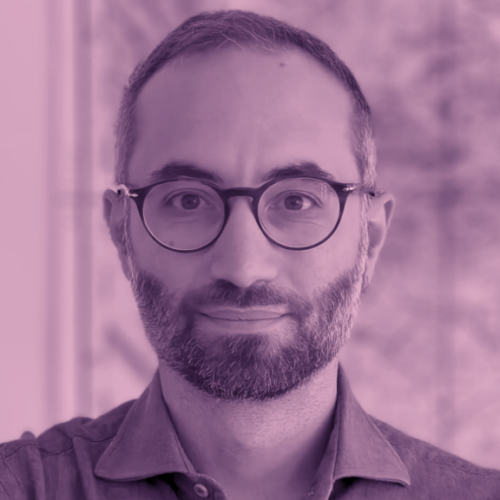
Adriano Cozzolino is an assistant professor of global politics at the University of Campania “Luigi Vanvitelli”, Italy
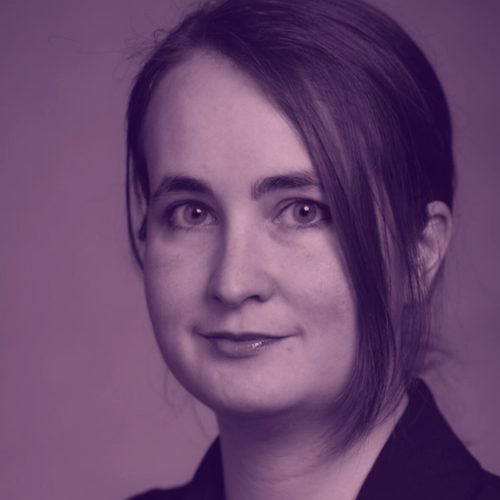
Gemma Gasseau is a postdoctoral researcher at the Scuola Normale Superiore, Italy
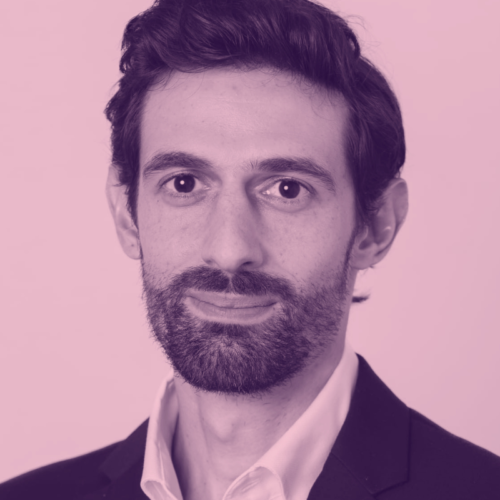
Davide Monaco is a research fellow on the Future of Work at the Centre for European Policy Studies in Brussels
Further Readings
- Caterina D, Cozzolino A, Gasseau G and Monaco D (2025) A lasting legacy? A critical political economy perspective on Berlusconism and its afterlives. In: Bieler A and Maccarrone V (eds) Critical political economy of the European polycrisis. Cheltenham: Edward Elgar Publishing.
- Cozzolino A, Caterina D, Gasseau G and Monaco D (forthcoming) The International Political Economy of Berlusconism: Emergence, Consolidation and Crisis of a Neoliberalising Project. European Journal of International Relations.
